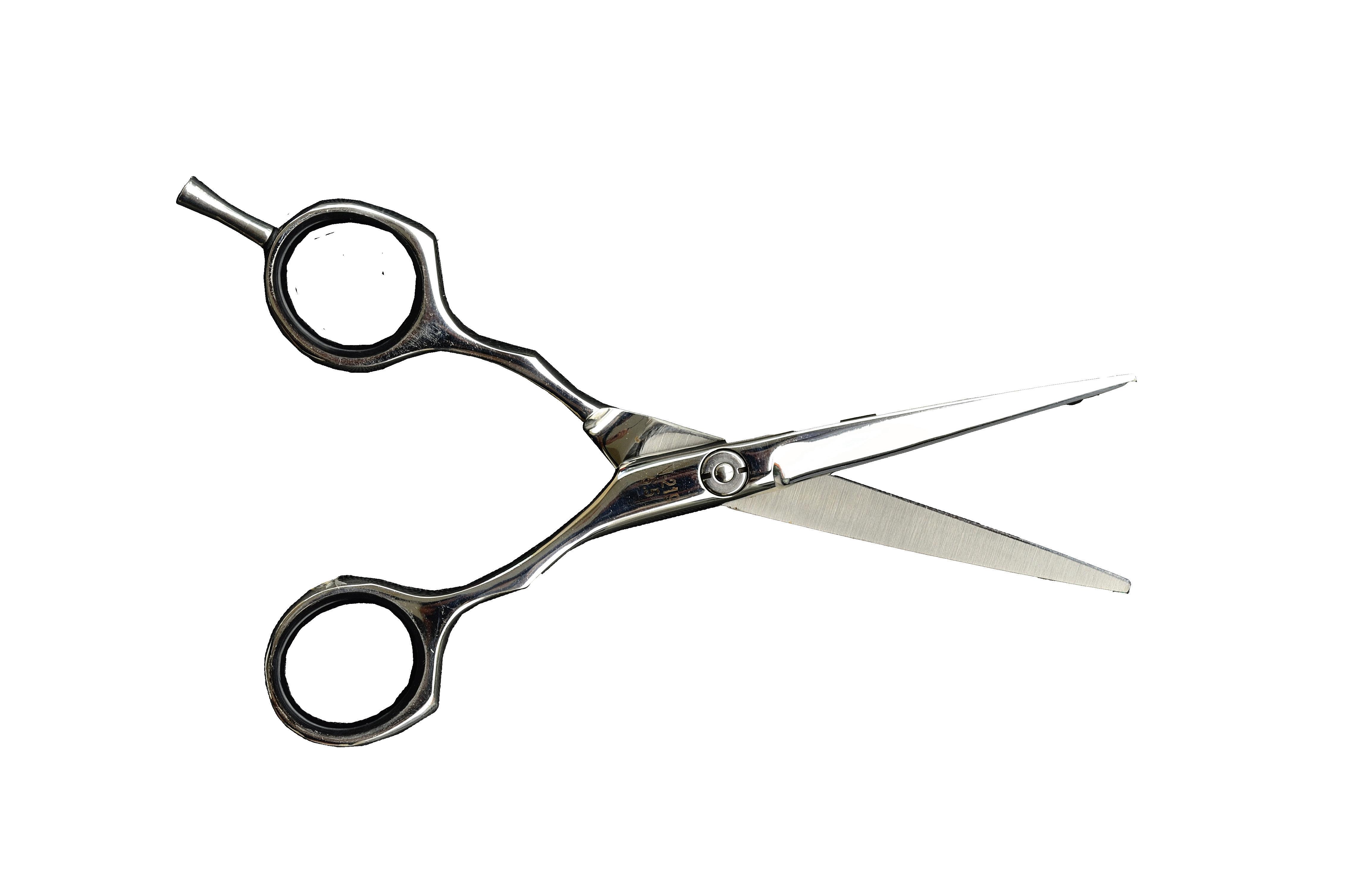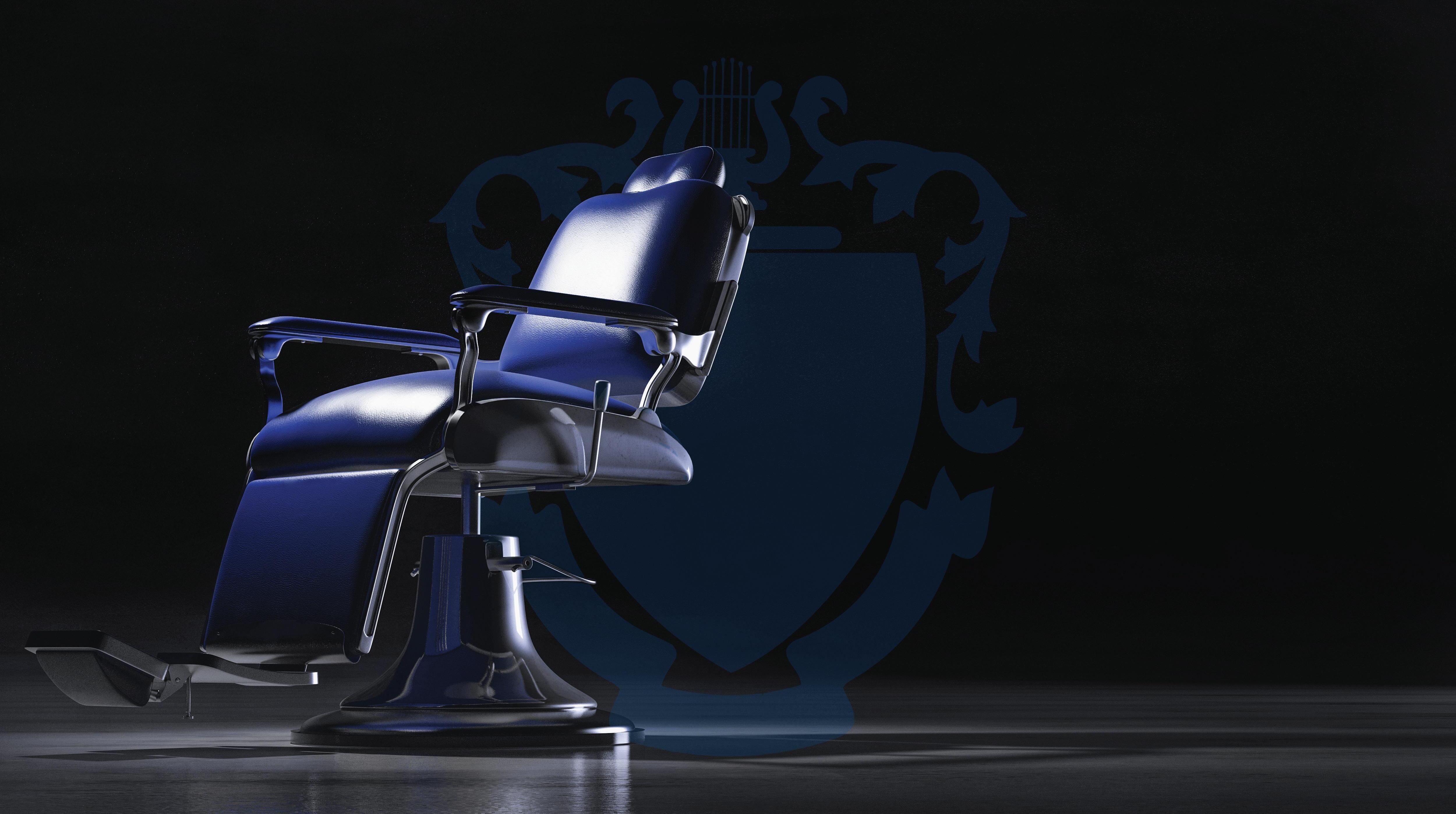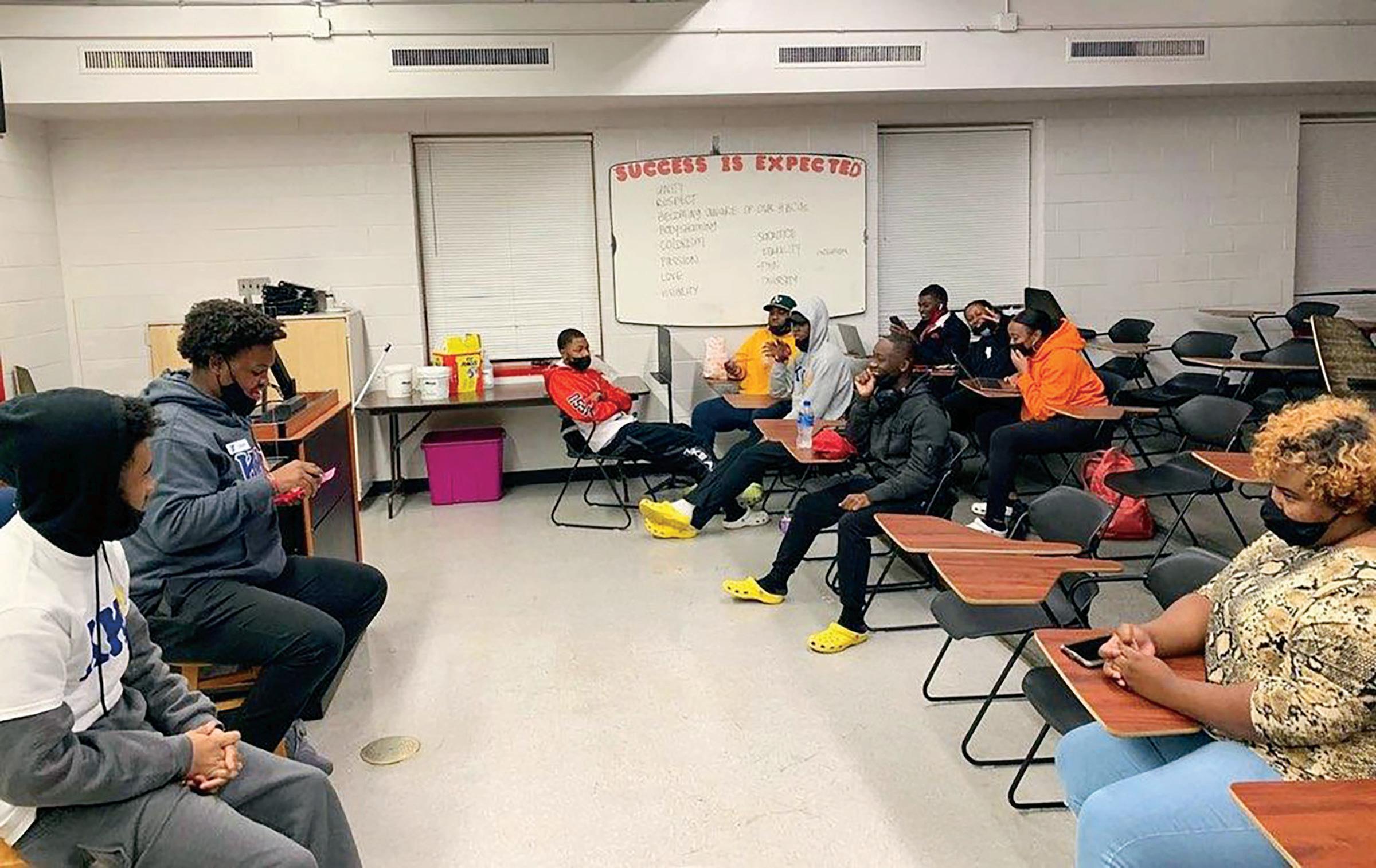
3 minute read
Barber Shop Tal

by By Justin T. Breeze, Vice-President & Dr. Darius M. Cureton, Sponsor Kappa Lambda - ΚΚΨ Winston-Salem State University
Advertisement
For many Black males growing up, one of the sources of “Black Boy Joy” was the barbershop. Not only is it a place to improve our looks and “get fresh” for various events that we attend, but they function as places for men to connect, reestablish community, speak freely and receive feedback about family, current events, inequalities, and the state of our culture. These are truly places to get more than just a haircut, they are places where access to capital, status, or wealth is not necessary or required to be valued among its patrons. The barbershop serves a pivotal role in the development of Black men.

The art of barbering has been around for decades, even centuries with some of the earliest historical contexts dating back to Egypt and Egyptian civilization (Chen, 2022). The subculture of barbering as we know it today started during Jim Crow - when those laws were still being heavily enforced in the U.S. (Chen, 2022). After the mid-1860s, barber shops offered financial solvency to many Black of white male students but those of women of color” (Condition of Education, 2019). “Men of color represented 17.5% of all postsecondary enrollment and 43.9% of all male student enrollment in 2019” (American Council on Education, 2019). Along with these stats, in the 2019-2020 school year, there were approximately 3,900 female students and right at “1,244” male students at WSSU - with 44 of that number being in the band (College Factual, 2022). It was these statistics that created the call for a program such as this.
Since 2019, this program has evolved a bit to offer the aforementioned safe space as well as a form of professional development for band students (now to all gender identities) who, because of band practice, do not get the opportunity to participate in university-sponsored events & forums. Barber Shop TalKK is meant to engage the band community to speak, but also encourage others to listen to one another in an effort to work against negative perceptions within our community. In addition to these conversations benefiting our entire campus community, the program promotes our fraternal purpose #5 by “providing a pleasant and helpful social experience to all engaged in college band work…” and “to cooperate with..” others by partaking in college-related activities/discussions.
Many students in leadership used this platform to help identify many different perspectives on campus. Topics of conversations have varied from mental/social health, healthy eating habits, women in politics, leadership skills, and more! During the discussion, we always allow our guests to share personal experiences that relate to the subject at that time. Many of the students who attended said they appreciated the “raw and authentic” space to open up and relate to others.
As previously mentioned, one of our main goals for this series is to get students to engage with each other in hopes of better understanding the various perspectives we all have to learn to live with. Whether it is in the workplace or a community setting. This is why we have many interactive sessions that allow our students to engage with others. For example, during our social health workshop, we played an icebreaker game called “Find Someone Who…”. This game challenged the students to find something in common with another person in the room that they didn’t know. By doing this, the participants not only have to share information about themselves but be able to actively listen to their partner as well. By the end of our social health/skills workshop, not only did students leave knowing more people through interpersonal networking with peers but also left with a clear and effective elevator pitch to use when needing to make a
Many students have stated they love the fact that they can use these lessons from our TalKKs in their everyday life moving forward. ‘This makes me feel like we are making changes in students' lives around campus one talk at a time!’ (Breeze)
The Black barbershop was one of the spheres of influence that built the culture we know and identify with now. It has proven to strengthen communities and improve the mental, social, and emotional condition of people who have long been (and still feel) oppressed (Dawson, 2020). “Barbershop talk is unfiltered and, alas, often fueled by barbershop logic. And barbershop logic is…polarizing enough to reel you in” (Kimble, 2020). The barbershop is more than a place to get a “fly cut”, it is a place that positively affects the identities and lived experiences of all the members of its community. The program that our chapter has started at WSSU hopes to do the exact same thing for the members of the Ram community.









